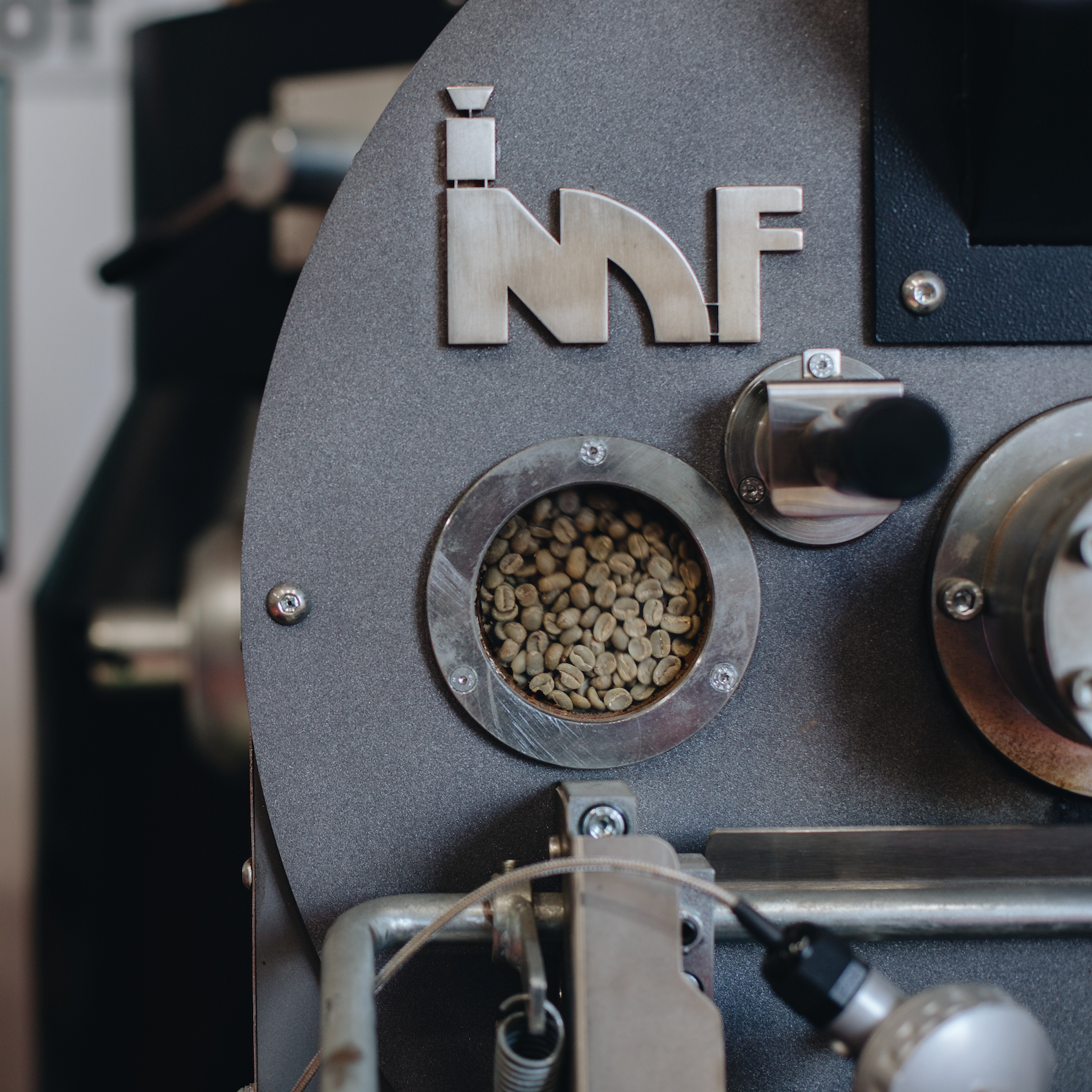When it comes to coffee, the concept of freshness has evolved significantly over the years. In the early days, coffee was treated like any other dry good—roasted just a few times a year, stored in large warehouses, and distributed to cafes and restaurants without much concern for its age. The notion that coffee should be "fresh" was virtually non-existent.
This all began to change with the rise of specialty coffee culture, particularly in the United States. Anecdotal evidence credits David Schomer, a leading thinker in the industry, with popularizing the idea of fresh-roasted coffee. By insisting that his suppliers provide coffee roasted within specific time frames, he sparked a broader movement that emphasized the importance of coffee's age in determining its flavour and quality.
However, this shift brought with it some unintended consequences. The industry began to encourage consumers to demand coffee that was only a few days or weeks old, leading to the misconception that coffee past a certain age was no longer good. This has resulted in a lot of unnecessary waste, with perfectly good coffee being discarded simply because it was deemed "too old."
In reality, coffee has a natural lifecycle. The flavours of freshly roasted coffee beans will change over time, sometimes improving and sometimes not, depending on your taste preferences. The idea that coffee becomes undrinkable after a specific number of days is largely a myth. Instead, it's more important to taste the coffee and decide for yourself whether you enjoy its current profile.
While coffee will eventually reach a point where it no longer tastes its best, this process takes time. Rather than adhering strictly to arbitrary freshness standards, we encourage you to focus on the flavour and quality of the coffee in your cup. By doing so, you'll not only enjoy better coffee but also contribute to reducing waste and promoting sustainability within the industry.
In summary, coffee freshness is about more than just a number of days since roasting. It's about understanding how the coffee changes over time, respecting the effort that went into its production, and making choices that align with both quality and sustainability.
Love Timely xx

